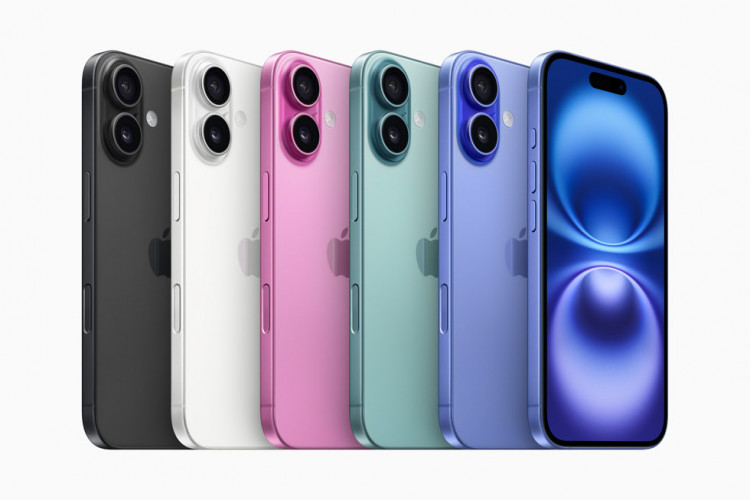Indonesia has announced that Apple Inc. is prepared to invest $1 billion in the country in an effort to lift a ban on the sale of its flagship iPhone 16. The ban was imposed due to non-compliance with domestic content requirements for smartphones and tablets.
Investment Minister Rosan Roeslani shared the development with lawmakers on Tuesday, describing the investment as part of a "first phase" commitment. "We want to see fairness," Roeslani said, according to the reports. "You get benefits here. You invest here and create jobs."
The ban on the iPhone 16 was introduced because Apple failed to meet Indonesia's requirement of having at least 40% of smartphone components sourced locally. Apple's earlier offers of $10 million and later $100 million were deemed insufficient by the Indonesian government.
Roeslani told lawmakers that Apple's investment in Indonesia must outmatch its commitments in neighboring Vietnam, where the company has invested approximately $15 billion. "Their investment must be bigger," he emphasized, underscoring the government's stance on achieving fairness in the tech giant's regional engagements.
In 2023, Apple pledged 1.7 trillion rupiah (approximately $107 million) for developer academies across Indonesia. However, it reportedly fell short of fully meeting the government's demands by roughly $10 million. The $1 billion investment is expected to address these shortcomings while fostering deeper economic ties.
Industry Minister Agus Gumiwang Kartasasmita, whose office imposed the iPhone ban, stated last month that his priority was to have Apple establish a manufacturing presence similar to competitors like Samsung and Xiaomi. Such an initiative, he argued, would create jobs and drive significant economic growth.
Rosan Roeslani emphasized the potential benefits of Apple's local manufacturing, stating, "The most important thing is that the global value chain will move to us," according to Bloomberg News.
The broader implications of Apple's potential investment align with Indonesia's long-standing push for increased domestic contributions from global corporations. The government has enforced similar policies in the past, requiring companies like ByteDance to separate its TikTok shopping platform from its social media operations to protect local retailers.
Newly inaugurated President Prabowo Subianto has set ambitious goals for the nation's economy, targeting 8% GDP growth during his term. With a slowing GDP growth rate of 4.95% last quarter, securing Apple's investment could be a significant boost for Indonesia's economic aspirations.
Indonesia's large and tech-savvy population further highlights the market's potential. With over 350 million active mobile phones, outnumbering the nation's 270 million population, the country remains a key growth opportunity for Apple.
Apple has yet to release an official statement on the proposed investment, and representatives have not responded to media inquiries.






